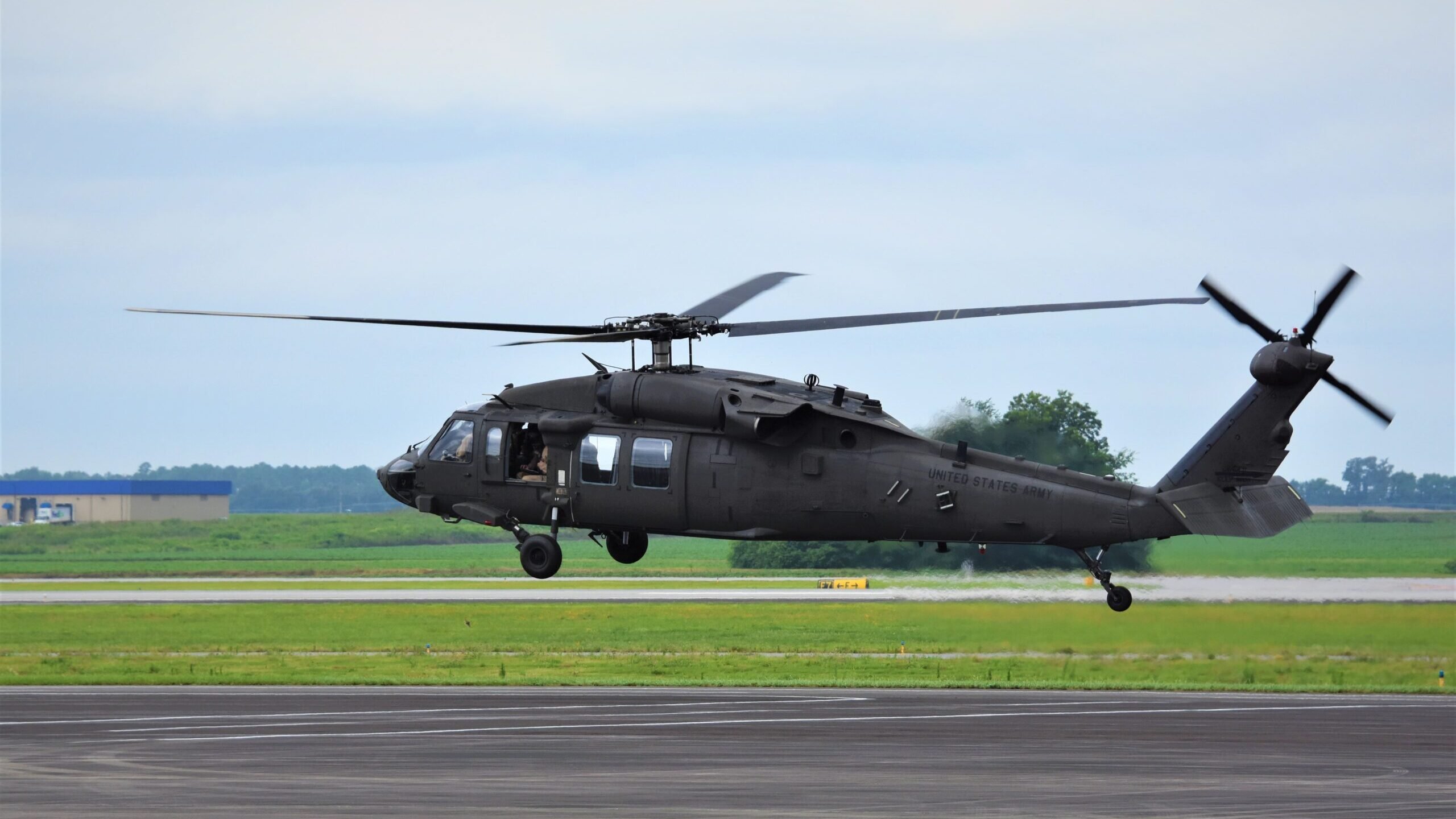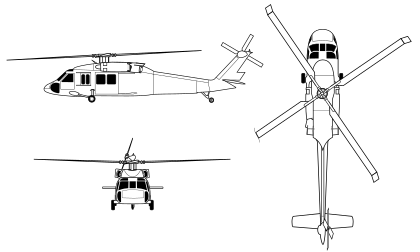UH 60 Black Hawk: Military Helicopter Features and Abilities
UH 60 Black Hawk: Military Helicopter Features and Abilities
Blog Article
The Impact of Sustainable Practices on the Future of Aircraft Operations and Emissions Reduction
As the aeronautics sector encounters increasing scrutiny over its environmental influence, the adoption of lasting techniques becomes a crucial pathway toward future aircraft procedures and discharges decrease. Innovations in sustainable aeronautics fuels and developments in hybrid propulsion technologies stand at the leading edge of this improvement, appealing significant decreases in greenhouse gas emissions. The effective integration of these efforts hinges on a range of factors, including governing frameworks and market collaboration. The inquiry stays: how will these advancing techniques reshape the dynamics of air travel and add to a more lasting future?

Introduction of Sustainable Practices
Sustainable practices in airplane operations incorporate a series of techniques targeted at lowering environmental impact while preserving operational performance. These practices are vital in the aviation market's commitment to decreasing its carbon footprint and sticking to international environmental criteria. Secret campaigns consist of optimizing trip courses to lower fuel usage, enhancing maintenance procedures to guarantee airplane run at peak effectiveness, and applying sophisticated modern technologies such as winglets and lightweight materials that enhance the rules of aerodynamics.

Engaging and educating team on sustainability methods additionally play an important function, fostering a society of ecological obligation within companies. On the whole, the combination of these sustainable methods not only assists lower exhausts yet additionally boosts the lasting stability of the aeronautics sector, guaranteeing it meets the demands of both customers and governing bodies while adding to international sustainability objectives.
Innovative Fuel Alternatives
Numerous cutting-edge gas options are emerging as crucial options to decrease the aviation sector's reliance on traditional fossil gas. Amongst these choices, Sustainable Air travel Gas (SAFs) have gained considerable focus as a result of their possible to lower lifecycle greenhouse gas exhausts by up to 80% compared to traditional jet fuels. SAFs are stemmed from numerous feedstocks, including waste oils, agricultural deposits, and also algae, making them a versatile choice for the industry.
An additional encouraging choice is hydrogen gas, which, when utilized in gas cells, generates only water vapor as a byproduct. Furthermore, electric propulsion systems are being checked out, leveraging battery modern technology to power aircraft.
Last but not least, biofuels acquired from biomass are being examined, supplying a sustainable alternative that can be blended with traditional fuels. Collectively, these innovative fuel options stand for a vital action towards achieving a sustainable aeronautics ecological community, aligning with worldwide emissions decrease targets and improving the market's environmental stewardship.
Technical Advancements in Aeronautics

Exactly how can technological improvements improve the future of aeronautics? Technologies such as hybrid and electrical propulsion systems are More Help at the forefront, appealing considerable reductions in fuel consumption and greenhouse gas exhausts.
In addition, the application of advanced materials, such as lightweight compounds, contributes to boosted the rules of aerodynamics and fuel performance. Using expert system and artificial intelligence in trip operations enhances path preparation and minimizes fuel burn by enabling real-time adjustments based upon climate and website traffic problems. In addition, the growth of self-governing and from another location piloted airplane systems stands to transform cargo and traveler transportation, potentially raising performance while minimizing human error.
In addition, sustainable air travel technologies, including sophisticated air traffic administration systems, can enhance procedures and reduce congestion, resulting in lower emissions during flight. These developments collectively represent a paradigm shift in aviation, guaranteeing a future where sustainability and operational effectiveness are linked, therefore supporting the market's dedication to minimizing its environmental influence.

Regulatory Structure and Compliance
Due to the expanding focus on environmental stewardship within the air travel industry, the regulatory framework governing airplane procedures is evolving to advertise lasting practices. Regulative bodies, such as the International Civil Aeronautics Organization (ICAO) and different nationwide aeronautics authorities, are presenting strict guidelines focused on reducing emissions and enhancing functional efficiency.
These policies frequently consist of the adoption of Lasting Air travel Fuel (SAF), which has actually been acknowledged as a key component in achieving reduced carbon footprints. Compliance with these regulations calls for airlines to implement operational techniques and advanced modern technologies, such as enhanced trip paths and improved air website traffic administration, to minimize fuel usage.
Additionally, the enforcement of exhausts trading plans and carbon countering campaigns is ending up being progressively widespread, engaging airline companies to keep track of and report their discharges precisely. Non-compliance can result in considerable charges, therefore pushing drivers to prioritize sustainability in their service versions.
Ultimately, the developing governing landscape not just drives advancement and investment in green modern technologies yet likewise fosters a culture of accountability within the aeronautics sector. As these structures remain to develop, the browse around these guys concentrate on lasting methods will be integral to attaining the sector's long-lasting environmental goals.
Future Fads in Airplane Workflow
As the aeronautics sector adapts to an increasingly strict regulatory atmosphere, future fads in airplane operations are readied to concentrate on innovative remedies that even more enhance sustainability and performance - uh 60. Key growths will likely consist of the fostering of advanced air traffic management systems, which use real-time information and fabricated intelligence to maximize flight courses, reducing fuel intake and emissions
An additional substantial fad is the enhanced integration of sustainable aviation fuels (SAFs) These options to conventional jet fuel, originated from eco-friendly resources, can dramatically lower lifecycle greenhouse gas discharges. The market's commitment to SAFs will likely accelerate as airlines team up with gas manufacturers to make certain schedule and cost-effectiveness.
Furthermore, the push towards electrification and hybrid propulsion systems is gaining momentum. Arising aircraft designs will integrate these innovations, supplying quieter and much more reliable operations, specifically for short-haul flights.
Final Thought
In verdict, the assimilation of sustainable methods in airplane operations holds read the article significant capacity for emissions decrease and boosted effectiveness. The fostering of lasting aeronautics gas, coupled with advancements in electric and hybrid propulsion systems, is important for reducing lifecycle greenhouse gas exhausts. Additionally, enhancing flight paths and embracing innovative technologies add to a quieter and extra environmentally pleasant aeronautics field. Jointly, these initiatives line up with global sustainability objectives and pave the method for a greener future in aviation.
Developments in lasting aeronautics fuels and advancements in hybrid propulsion modern technologies stand at the forefront of this improvement, promising significant decreases in greenhouse gas exhausts.Countless innovative fuel choices are arising as essential remedies to minimize the air travel sector's dependence on standard fossil gas - uh 60. Amongst these alternatives, Sustainable Air travel Gas (SAFs) have actually acquired significant interest due to their possible to reduce lifecycle greenhouse gas emissions by up to 80% compared to conventional jet fuels.An additional considerable trend is the raised combination of sustainable aeronautics fuels (SAFs) The adoption of lasting aviation gas, coupled with developments in electrical and hybrid propulsion systems, is vital for reducing lifecycle greenhouse gas discharges
Report this page